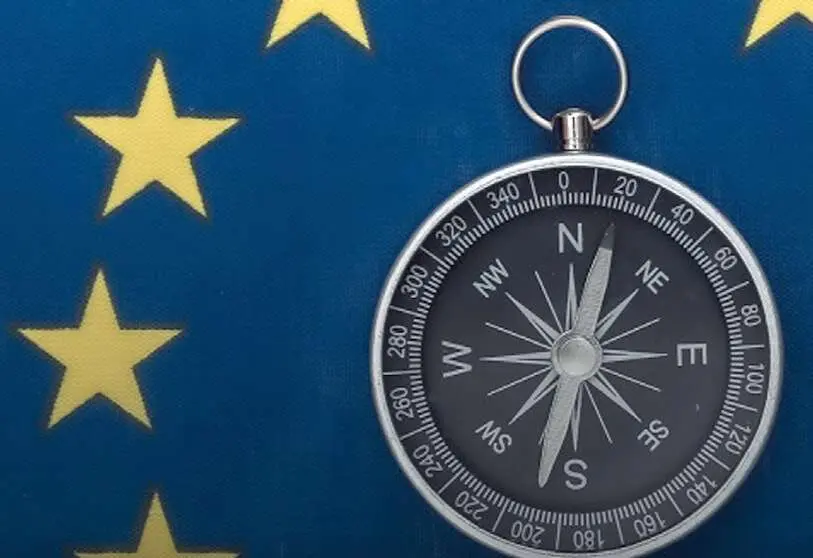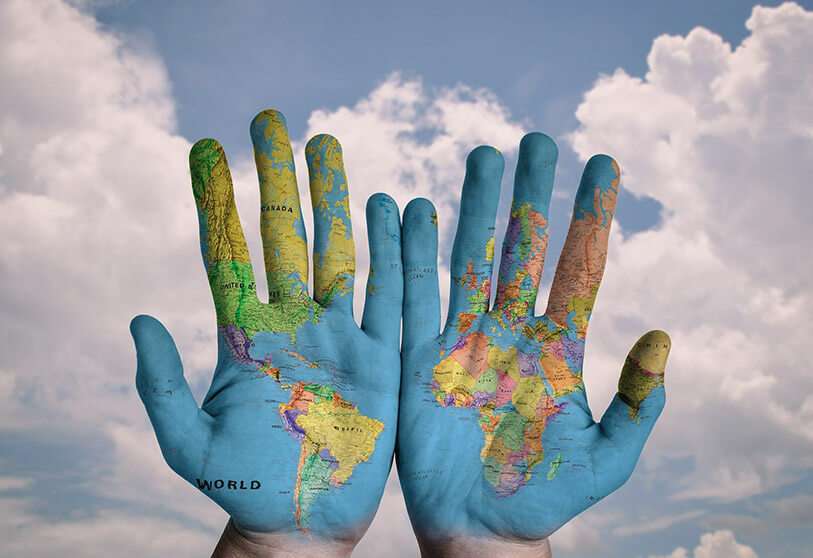NATO summit in Madrid: unvarnished realism

Russia's aggression in Ukraine on 24 February has awakened the Atlantic Alliance from the brain-dead state - in the words of the President of the Republic of France, Emmanuel Macron - in which it has been mired since the previous occupant of the White House, Donald Trump, gave it the coup de grace after years of uncertainty, mistakes and divergences in the strategic vision of the allies.
Every war is a failure, and although the cruelty of the disintegration of the former Yugoslavia and the Balkans in the 1990s is now far from our memory, this one is particularly painful for Europeans, who thought we had a failed security system on the continent. Accustomed to decades of peace and the benefits of a way of life and a welfare state unheard of outside our borders, we Europeans are now faced with a reality that reminds us that nothing in terms of security and freedom is free and that we have the right and the duty to protect ourselves in the face of growing global conflict on fronts ranging from the economy to geopolitics, including technological and ethical challenges, technological and ethical challenges, the domains of cyberspace, communications and emotions, the arms race - including nuclear weapons, social and demographic changes, climate change and its implications for migratory movements, terrorism and organised crime, food and energy security, and the different forms of governance and legitimisation of power.
A world of infinite possibilities in a new geopolitical era in which the international order that emerged after the Second World War seems to be coming to the end of its cycle with the emergence of new actors with a vocation for international leadership, such as China and Russia, who are questioning it.

The era of competition between powers and the challenge to the rules of rule-based international law is opening up in the face of the questioning and displacement of the United States as global leader, the loss of attributes of national sovereignty in an increasingly globalised but poorly managed world, Europe's difficulty in reinventing and defining itself - strategic autonomy is just one example - and the emergence of new actors offering alternative models of government in which democracy is not just losing momentum, It is that it is not even considered as a model to be valued because its legitimacy and capacity to respond effectively to demographic, technological, climatic, energy, communication, information and genetic challenges, which are the real global problems that transcend national security, are being questioned. And it is at this fundamental moment for transnational and collective security that the NATO Summit took place in Madrid on 28, 29 and 30 June 2022.
Discussing today and tomorrow the future of the North Atlantic space, affirming that the Alliance is the only platform for security and defence cooperation, agreeing on the 2022 Strategy - the basis for the coming years, promoting cooperation between partners, welcoming new partners - Sweden and Finland -, increasing the Organisation's resilience and technological sophistication, ensuring the necessary funding and investment to make it more effective and capable of deterrence, but also of proactive defence if necessary, is the result of a Summit described as historic - and not only for the adoption of the New Strategic Concept - for the commitment to Ukraine, the attention to the impact of security on our values, the mention of climate change as a multiplier of crises and generator of instability, the adoption of the 360º vision with the mention of the Southern Flank and the Sahel to respond to the security perceptions of the countries of the South, which do not always coincide with those of the Nordic countries or Eastern Europe, and the broadening of the focus of action to the Indo-Pacific, an area considered to be China's backyard and where alliances between emerging powers must be taken into account. Commitment to freedom and democratic values in a difficult balance with a Turkey that has one eye on Europe, but is part of that world that advocates tradition alongside other revisionist powers that are making a challenge to the West, that prioritises its national interests over collective ones and that, like a fractious relative, questions the leadership of the United States with alliances that are typical of a realistic geopolitics and far removed from the idealism that characterises us Europeans.
If the withdrawal from Afghanistan exposed NATO's fragility and the credibility of the United States, the invasion of Ukraine has accentuated Europe's dependence on the United States with the adoption of a Strategic Concept tailored to US interests - Russia appears as the greatest threat to the Alliance and China is described as a systemic rival, a challenge and a strategic competitor - and which empties the EU's Strategic Compass, a document that began two years ago under German leadership and has culminated, almost on tiptoe, this semester under the French presidency of the Council. And this despite the fact that in Madrid the cohesion of all European partners with the Alliance and of the Alliance with Europeans has been highlighted.

In geopolitics, the balance between values and realism is a complicated gamble that has been demonstrated in the Ukrainian conflict by the management of the West's ability to secure consensus, even among the European partners themselves.
Thucydides wrote in his work "The Peloponnesian Wars" that nations go to war out of self-interest, honour or fear. The interpretation of threats is often an irrational perception. Confronting political models in a kind of ideological crusade and translating them into a Strategic Concept in a multipolar world may not be a good idea. Because values are not to be negotiated with and the friend/foe dichotomy, when more than 60 per cent of the world's population does not support the West and the values it represents - and neither does the narrative about Russia - and energy remains an element of tension, reduces the chances of cooperation and increases insecurity and instability. Restoring trust is very difficult, and today the weakest border is Ukraine, whose logic does not allow for a non-zero-sum solution or a chronification of the war.
Bringing up the idea of confrontation with China, when the time bomb is in the East, could also have knock-on effects. Unvarnished realism suggests that, at some point, Europe will have to engage with Russia and that the dynamics with China need to be well attuned. An occasion for the Allies to review their partnership policies and also an opportunity to turn them both into a cooperative partner if everyone wants it.
Marta González Isidoro is a member of IDAPS. Institute for Security and Defence Policy Analysis and Debate, IDAPS.

